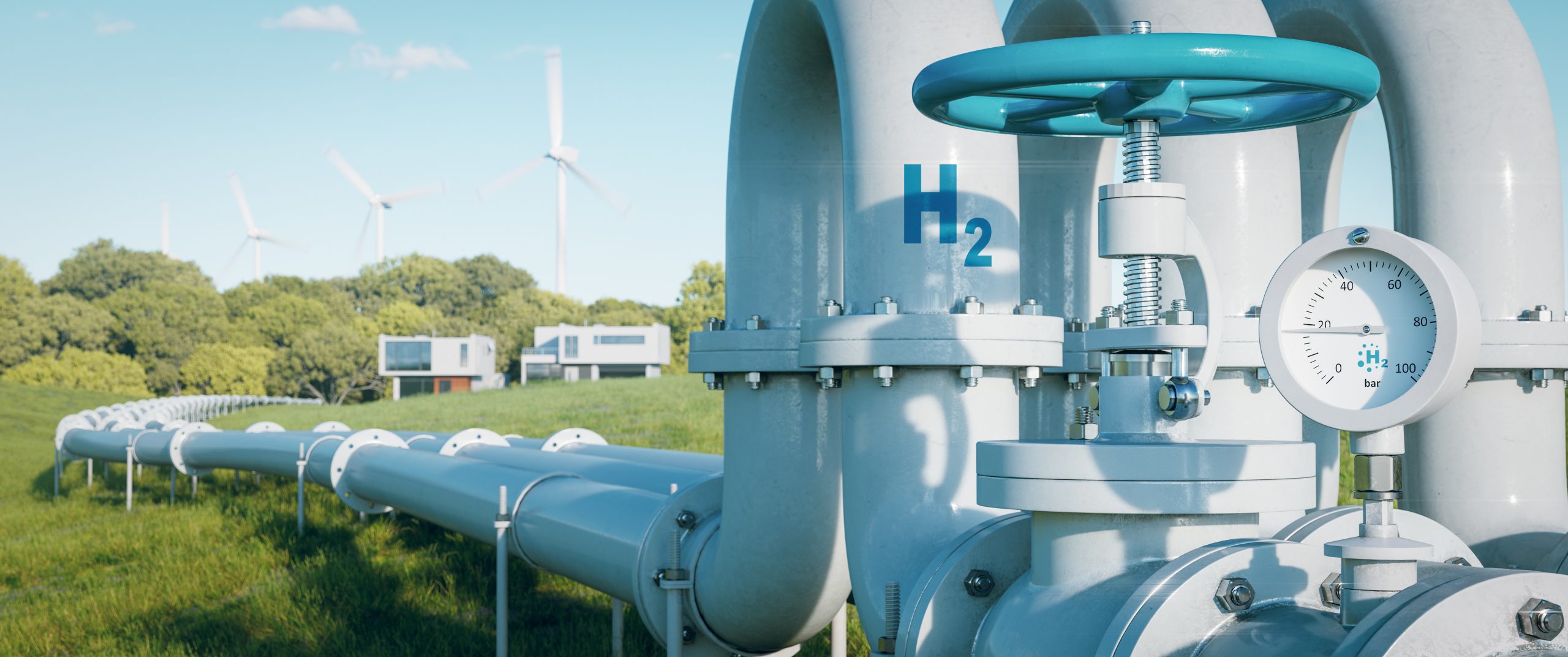Pathways to renewable hydrogen production

The European Union has a high dependence on natural gas, which is used to generate heat and electricity, and aims to fully decarbonize its economy by 2050—a tremendous challenge given the starting point of 1,780 million tons of natural gas consumption in 2020.
Currently, hydrogen accounts for less than 2% of the EU’s energy consumption and is mainly used as a raw material in industrial processes, particularly in oil refining, ammonia, and methanol production, but also as an energy carrier. The EU Hydrogen Strategy has set a target of 10 Mt of renewable hydrogen production by 2030.
It is clear that hydrogen will play an important role this decade, but it is less certain which production technologies will be most relevant. The answer largely depends on the €/kg H₂ cost that each technology can offer to the market so that end-users are not penalized by higher operational costs when substituting hydrogen from fossil sources with renewable hydrogen.
Although renewable technologies are already bringing green hydrogen prices closer to those of grey, black, or brown hydrogen, much research remains to further reduce production costs for renewable systems.
In this path full of uncertainty regarding which technologies will succeed, Magtel has decided to maintain research in several avenues, contributing to the goals of supporting the European Green Deal and the EU Hydrogen Strategy.
In this context, the company coordinates a first project in the field of biomass gasification, funded by the European Commission. The project, named HYIELD, aims to build Europe’s first large-scale waste-to-hydrogen demonstration plant, producing more than 400 tons of green hydrogen during the project. The ambition is to develop a robust and efficient solution that paves the way for commercial scale-up and replication across Europe, enabling landfill closure and low-cost renewable hydrogen production at relevant volumes, contributing to the decarbonization of sectors such as maritime transport and heavy industry.
The second project in which Magtel participates is funded by the Spanish Ministry of Science and Innovation and focuses on electrolysis. It aims to develop smart renewable energy networks based on hydrogen, an element that will enable energy storage and help overcome the intermittency characteristic of renewable electricity generation, which is not always available. In addition to storage, the project will also address the efficient integration of generation and consumption, combining three different phases into a single system to provide flexibility services to the end consumer.

The Tactical Assistant: Innovation for Smarter Defence


Innovation for inclusion


